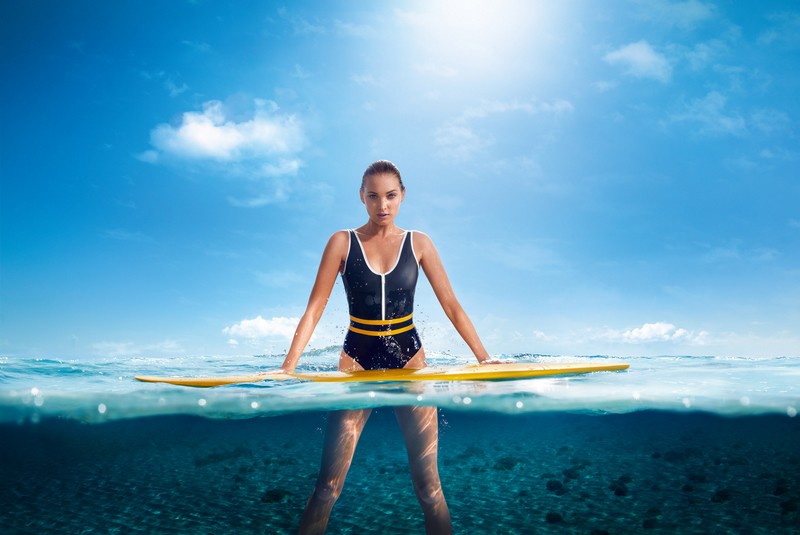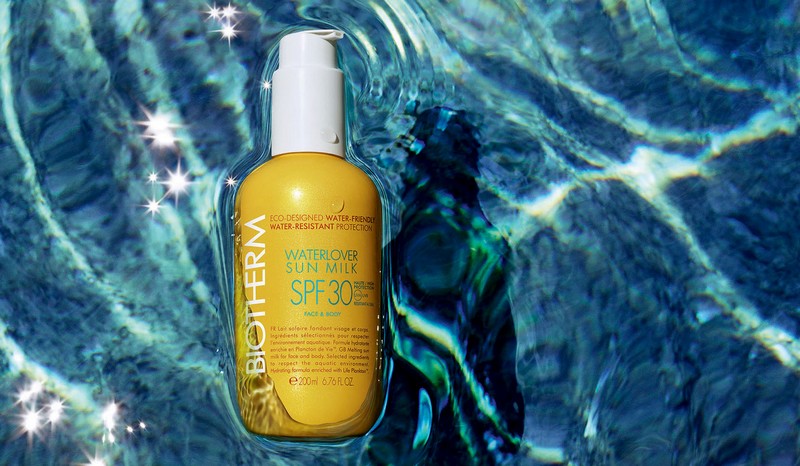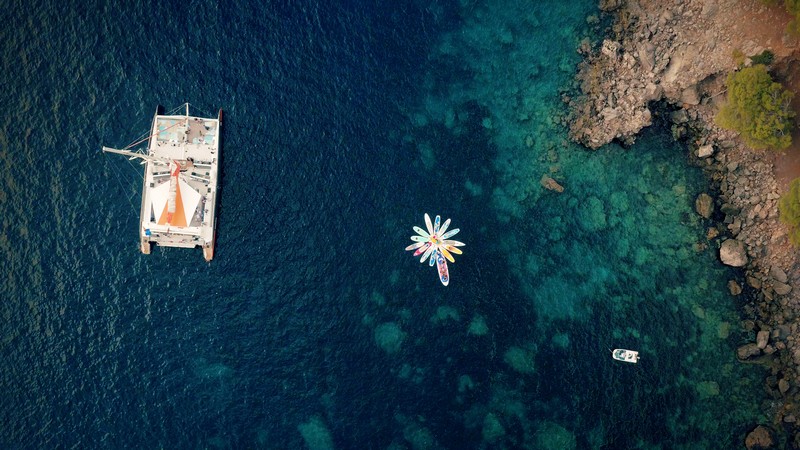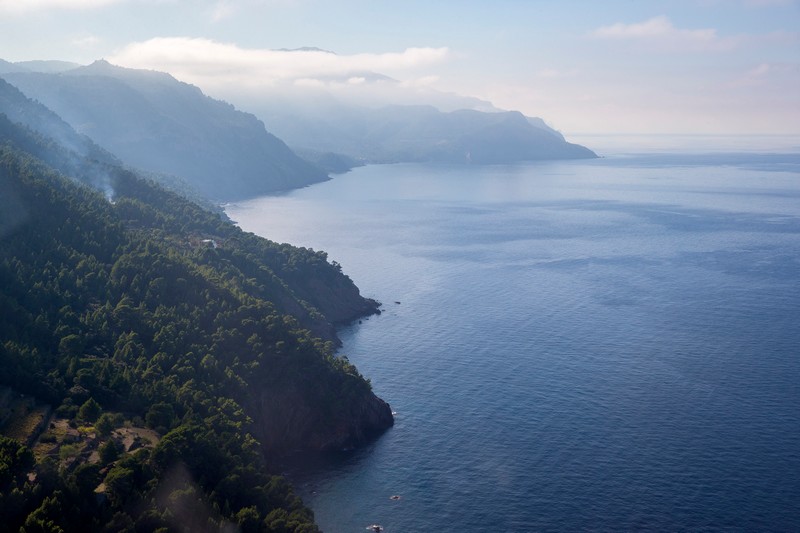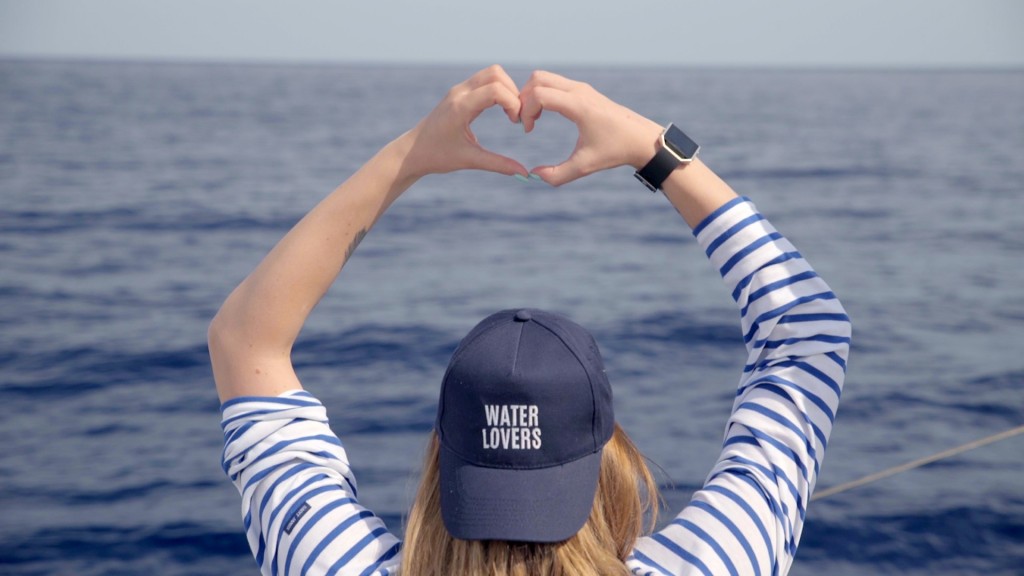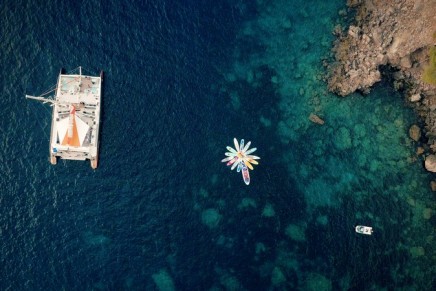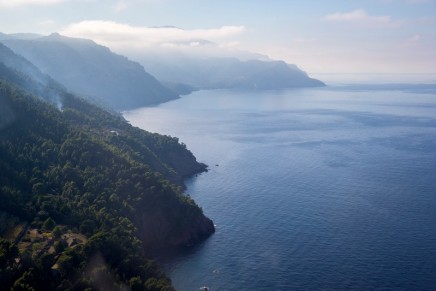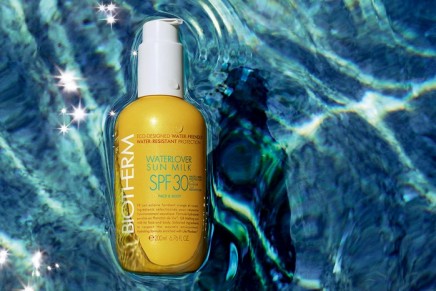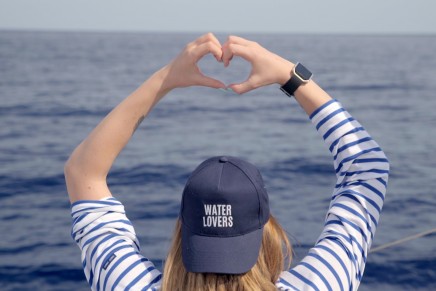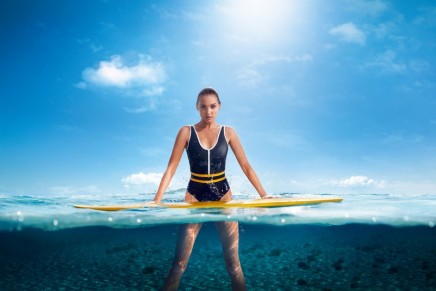About 7 years, 200 trials, 20 researchers and the screening of 150 raw materials: Biotherm’s new Waterlover Sun Milk
Officially recognized by the United Nations, World Oceans Day is a day to honor the ocean, or the five different oceans, which connect us. 2017’s theme, “Our Oceans, Our future” focuses on encouraging solution to plastic pollution and preventing marine litter for a healthier ocean and a better future. This growing ocean celebration seeks to mobilize the planet toward a more sustainable ocean future.
On June 8th 2017, Biotherm Water Lovers celebrates World Oceans Day and launches its first eco-designed Waterlover Sun Milk, more respectful of aquatic life. This summer, Biotherm will sponsor a new mission to document and raise awareness around the importance of marine protected areas with a focus on the ancient seagrass meadows surrounding the Balearic Islands of Formentera and Mallorca alongside Dr Sylvia Earle and her Mission Blue Expedition Team.
Summer 2017 marks the next step in this progress with the development of a new eco-tested formula and eco-designed product, in sun protection that took about 7 years of development, up to 200 trials, 20 researchers involved and 150 raw materials screened. Waterlover Sun Milk, Biotherm’s first eco-designed sun care range (SPF 15, SPF 30, SPF 50) with 96% biodegradable base formula for a lower impact on the water environment is a huge step in the cosmetics industry. “Our ambition was to create a sun milk with the least possible impact on aquatic life, proposing effective protection and meeting consumers’ expectations and needs when it comes to application and sensorial experience. Now you can protect what your love: your skin, your family’s skin and the ocean” explains Caroline Nègre, Biotherm Scientific Director.
For World Oceans Day 2017, Biotherm Water Lovers supports Mission Blue and will sponsor a new mission to document and raise awareness around the importance of marine protected areas (MPAs) with a focus on the ancient seagrass meadows surrounding the Balearic Islands of Formentera and Mallorca. Preserving this Mission Blue Hope Spot—the first in the Mediterranean—is critical for the conservation of the endemic oceanic seagrass (Posidonia oceanica), commonly called Neptune grass. It is thought to be one of the biggest living organisms in the world, measuring an area of 700 square kilometres. Neptune grass has an extraordinary biological productivity, similar to that of a tropical forest. Well-preserved Neptune grass meadows harbour an extraordinary diversity of marine life and are a vital hatchery for a variety of fish. Furthermore, Posidonia acts as a “carbon sink,” transforming carbon dioxide from the atmosphere into oxygen and thus helping to slow down global warming.
The expedition team will shoot a short film and still images to be shared on social media, the www.missionblue.org website and National Geographic’s ocean views blog.

